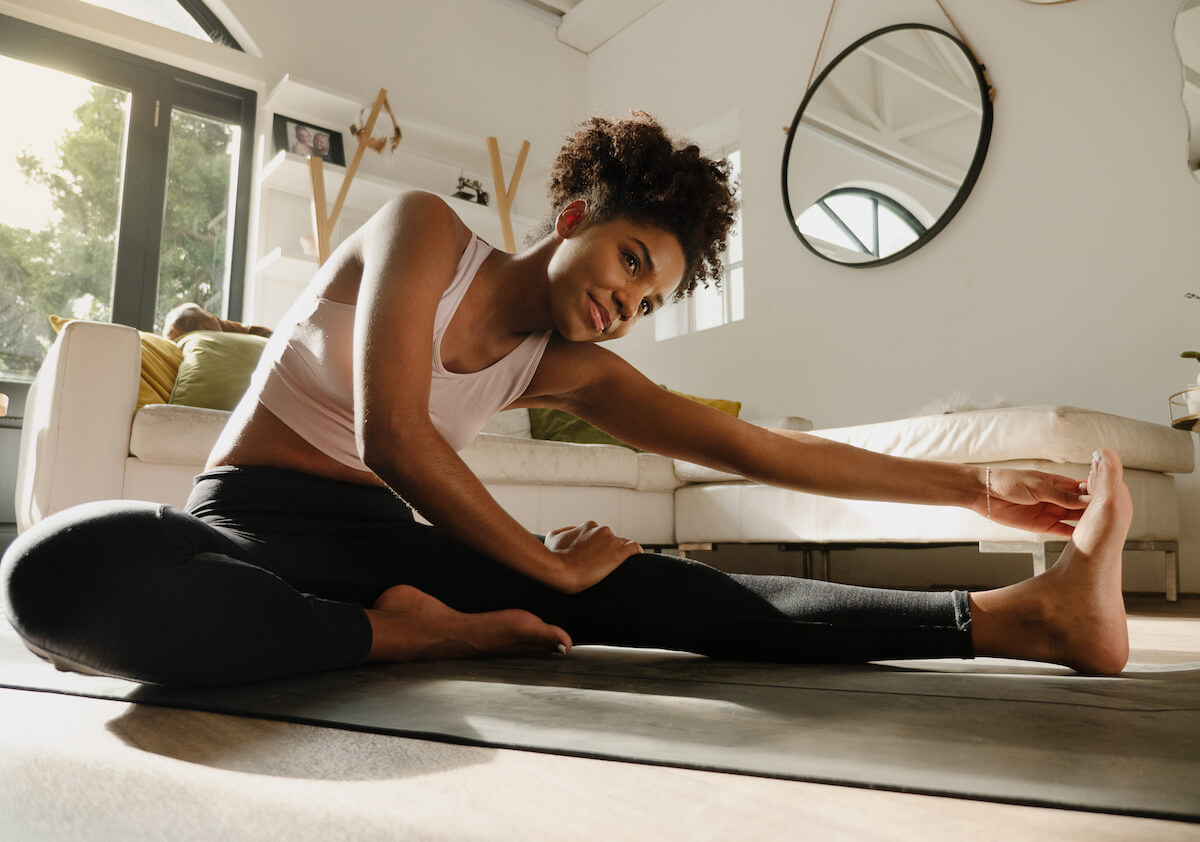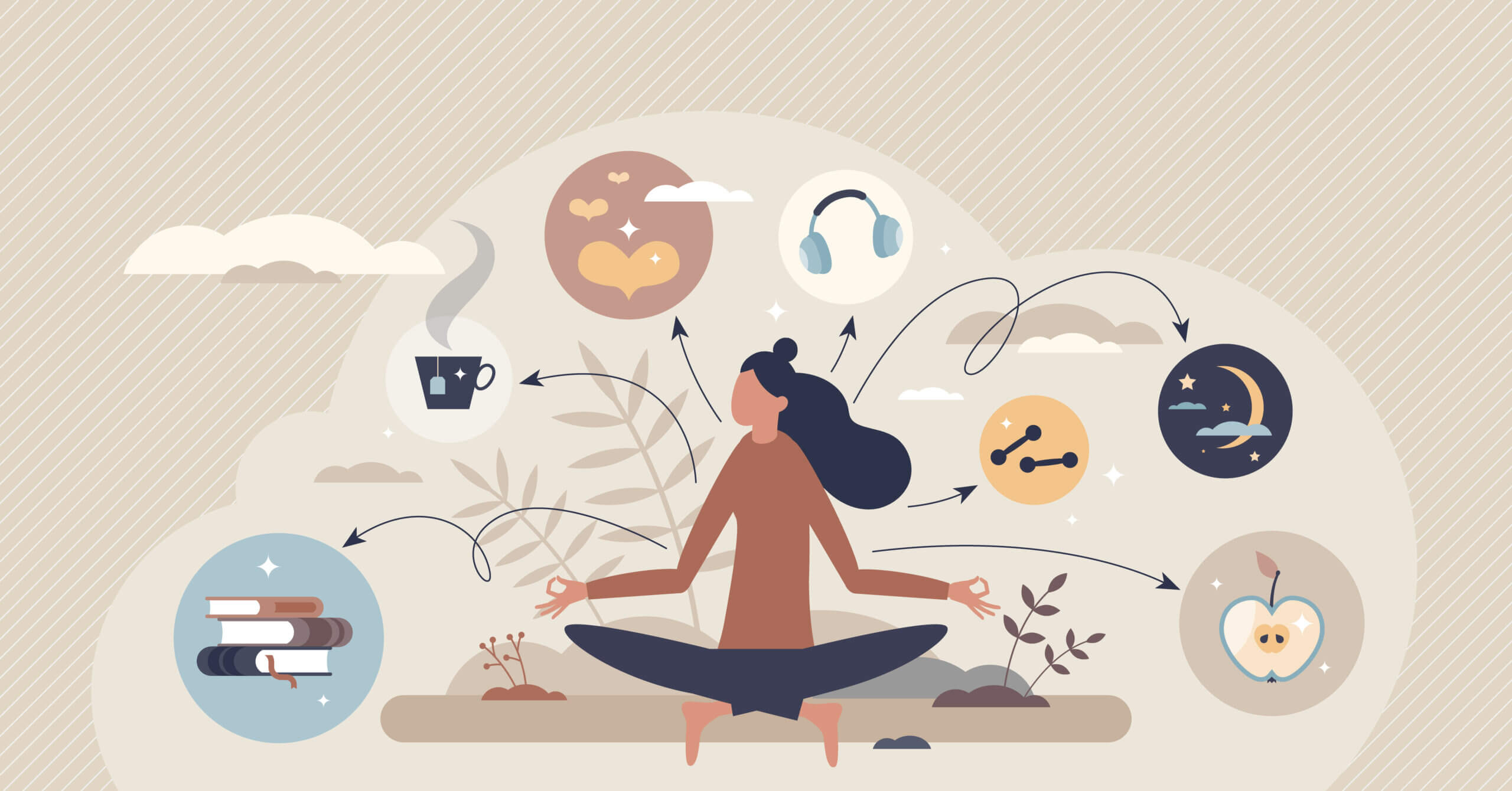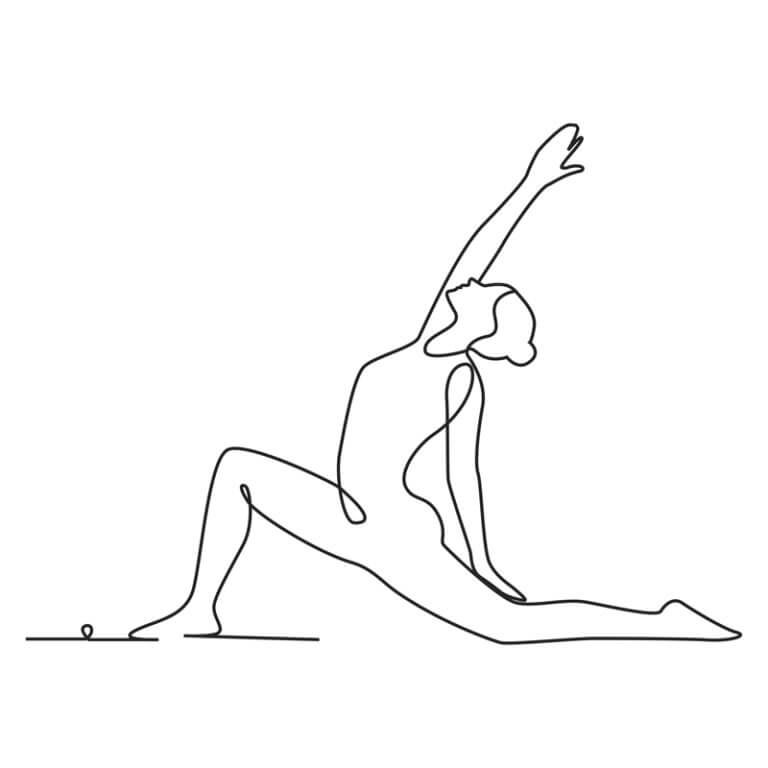It’s hard to deny that health is the new wealth. Over the past two years, we’ve all witnessed firsthand just how precious physical health can be, and why it’s so important to make it a priority in our lives. That’s why we’ll be sharing easy ways to improve your physical health.
The Benefits of Improving Your Physical Health
It’s often been said that if you don’t make time for your physical health, your body will force you to pay attention to it eventually. After all, if you don’t have your health, what do you really have in life?
Since everything is interconnected, focusing on your physical health can impact several areas of your life like your relationships, productivity and overall outlook. It can also help you proactively prevent disease, increase longevity and reduce pain.
Of course, it’s important to visit your doctor regularly and take any prescribed medications to stay on top of your health. But otherwise, there are a few things you can do to improve your physical health and feel better in your body.
Although many of these suggestions may seem obvious, it’s always worth reminding yourself of all the amazing benefits you can enjoy just from making small daily tweaks to your lifestyle.
10 Simple Ways to Improve Your Physical Health
Without further ado, here are 10 simple ways to boost your health and fitness:
1. Drink More Water

Sounds obvious, doesn’t it? While many of us claim to know the benefits of drinking more water, how many of us actually make time for it during the day?
According to the Mayo Clinic, men require about 15.5 cups (3.7 liters) of fluids a day while women require about 11.5 cups (2.7 liters) a day. Not drinking enough water can lead to dehydration, which could zap your energy and disrupt digestion. Sipping on more h2O throughout the day is a great place to start on your health journey.
2. Stretch to Improve Physical Health

Regular stretching is one of the most underrated ways to improve your overall health and fitness. While most people know about the benefits of cardio and strength training, it’s common to think of stretching as an afterthought or a “nice to have.” However, stretching is essential for recovery, injury prevention and increasing blood flow to your muscles. It can also help to release endorphins, which could help to calm your mind and decrease stress.
3. Get Your Steps In

While the exact number of steps you should be aiming for each day varies per person, a goal of 10,000 steps a day is a good rule of thumb to improve physical health. Focusing on boosting your step count comes with a plethora of benefits like better heart health, more stable blood sugar and even improved cognitive abilities. Try incorporating more short bursts of walking into your day by taking the stairs, walking instead of Ubering, or turning your meetings into walks with co-workers.
4. Eat More Greens

Green veggies like spinach, Swiss Chard and broccoli are full of micronutrients, vitamins and carotenoids-antioxidants, which could help to protect your cells against cancer. They’re also low in carbohydrates, high in fiber and rich in iron and magnesium. Try adding at least one green veggie to all your meals to up the ante on your nutrition.
Related Articles
5. Reduce Your Alcohol Intake

Although drinking alcohol is widely accepted in society as a fun way to unwind, relax and connect with others, overconsumption can wreak havoc on pretty much every part of your body. For example, alcohol can interfere with your brain’s ability to think clearly, alter your mood, damage your heart, liver and pancreas, and even lead to cancer or a weak immune system.
Heavy alcohol use can be defined as more than seven drinks per week for women and more than 14 drinks a week for men, and binge drinking is defined as more than four drinks over two hours for women and more than five drinks over two hours for men. Recent studies have gone so far as to say no amount of alcohol is safe for brain health or health overall. Try cutting back on alcohol by giving it up on weekdays, or swapping booze for healthier alternatives.
6. Avoid Processed Foods

Regularly snacking on chocolate, candy and chips can be fun, but they’re harder to enjoy when you think about the adverse effects they’re having on your body. Processed foods are high in sugar, oils, salt and inflammatory fats, plus they’re usually hyper-palatable, meaning they’re easy to overeat without providing much nutritional value. It’s best to keep junk foods to a minimum if you’re hoping to improve your physical health. Make healthy swaps to eat better, or practice portion control with your favorite junk foods.
7. Focus on Sleep

Quality sleep is another essential yet often overlooked aspect of health. The exact number of hours you need each night will vary depending on your age range, but on average, adults need about seven to nine hours. It’s also important to prioritize good sleep hygiene by ensuring your room is as dark as possible, your mattress and bedding is comfortable, and you’re disconnecting from digital devices at least half an hour before bed. Quality sleep is essential for overall recovery and repair — in fact, not getting enough sleep has been linked to stroke, kidney disease, diabetes and more.
8. Take Supplements as Needed

Although we can mostly get the nutrients we need from eating healthy foods, many people are deficient in things like magnesium and Vitamin D, which can help to prevent cancer, depression and a weakened immune system. Have your levels tested at your next doctor’s visit to see if you should be taking a daily supplement.
9. Avoid Smoking to Improve Physical Health

It’s been proven that smoking can lead to a plethora of diseases like lung cancer, heart disease, diabetes, and the list goes on. Improving your physical health means avoiding smoking altogether — period.
10. Strengthen Community

While you may not think of social relationships being linked to your physical health, studies have shown that a strong support system of family and friends can actually help you avoid disease and live a longer life. Of course, things like going to the gym, eating well and getting your steps in are important, but living a well-rounded healthy lifestyle requires a more holistic approach.







